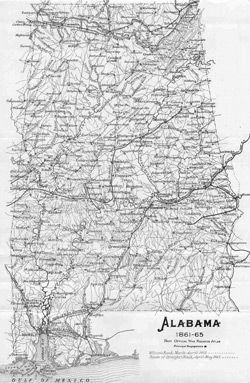 White southern slaveholders commonly delude themselves into believing that their slaves love and are loyal to them. During the war, tales of faithful slaves are gleefully spread throughout the Confederacy and publicly held up as evidence against northern charges that African slaves desire freedom and liberty.
White southern slaveholders commonly delude themselves into believing that their slaves love and are loyal to them. During the war, tales of faithful slaves are gleefully spread throughout the Confederacy and publicly held up as evidence against northern charges that African slaves desire freedom and liberty.
One such story is printed in this week’s Tennessee Baptist. Whether or not the story is true, and whether or not, if true, the loyalty of the slaves mentioned was voluntary, is unknown. The reality, however, is that African slaves rarely, if ever, freely and voluntarily voice or exhibit support for the Confederate Army. When such support is demonstrated, there almost always are reasons related to slaveholders holding the power of persuasion over the human beings they owned.
The Negroes and Our Cause.—The negroes of the city of Selma, Ala., gave a ball, a few evenings since, in aid of their masters and other soldiers in camp. The Reporter states that every thing was conducted according to “Hoyle,” and that great devotion to their masters was manifested. The ball realized one hundred dollars for the cause of the South. The following letter, from a colored individual, was received in answer to an invitation:
Greensboro, Ala., Sept. 25, 1861.
Gentlemen: Your invitation was duly received, and I regret that my engagements will be such as to prevent my participating with you in person, on Thursday next, in the supper to be given “in aid of our masters and other soldiers in camps.” Rest assured that my heart is with you, and I beg of you to accept the enclosed dollar as a slight evidence only of what I would do were I better able. I sincerely trust that it may be duly appreciated, and contribute to some extent in the promotion of a cause in which we are so nearly and dearly concerned. Respectfully,
Ed. Huckabee.
To Jerry Evans, Wilson Bell, Joshua Perkins, Managers.
This will prove an interesting item to the miserable fanatics at the North who have been very confidently anticipating an insurrection.
The phrase “according to ‘Hoyle'” is a reference meaning “in accord with the highest authority; in accord with a strict set of rules.” That is, the event described was conducted with all proprietary, referring, no doubt, to proper racial formalities.
Sources: Tennessee Baptist, November 16, 1861 (link); “According to Hoyle” (link)


